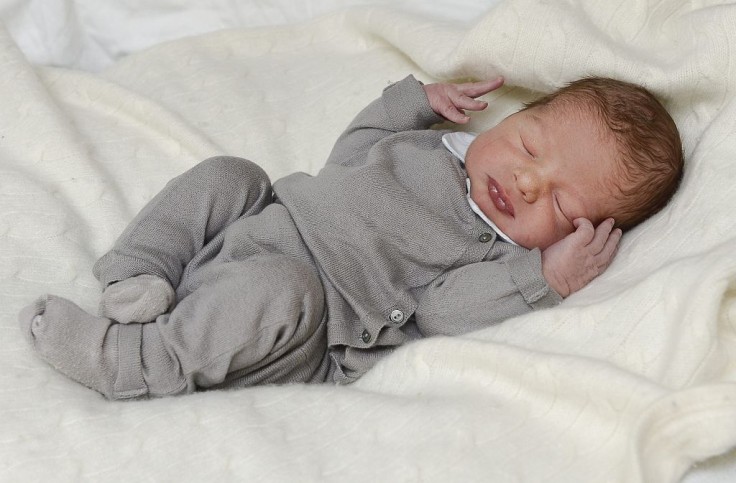
The unsafe infant loungers of Leachco have come to heed as the Oklahoma-based maker of infant loungers is involved in a lawsuit filed by the U.S. Consumer Product Safety Commission (CPSC) after the company refused to recall and refund over 180,000 products following the death of two babies.
In a statement, the CPSC said that it's not going to turn a blind eye to the refusal of Leachco to take their products out of the market. CPSC Chair Alex Hoehn-Saric noted this was their last resort after the company failed to respond to the safety concerns.
Earlier, the CPSC has warned parents to stop using Leachco infant lounger models like the Bummzie, Podster, Podster Playtime, and Podster Plush after the death of a 4-month-old baby in 2015, who was placed on the lounger at a daycare center. Another incident in 2017 involved a 17-day-old infant who also died due to the complications of accidental asphyxia or suffocation.
The CPSC said the infant loungers obstruct the baby's airflow when they roll or lie down in a position that covers their mouth or nose. The consumers' actual usage of the product as a replacement for a bed or crib was also a factor in determining that the loungers were defective, even if there were warning and instruction labels on the products.
Leachco Rejects CPSC's Warning to Parents
Leachco sold at least 180,000 models of these loungers, which came with padded inserts and a removable cover made from polyester, cotton and polyester blend, nylon, and spandex blend. Aside from recalling the products in the market, the CPSC ordered the Oklahoma company to advise every consumer who bought the infant loungers of the recall and issue a full refund.
According to Consumer Reports, Leachco defended its decision not to recall the products and stated on its website that the infant loungers had the necessary product safety warning for parents or caregivers. They claimed that the warning clearly stated that the loungers should not be used as a replacement for a bed or crib. The company also said that they do not recommend using infant loungers for unsupervised sleep.
Leachco also said that CPSC was wrong to advise their customers to stop using their products when it should be telling the parents that "no lounger is safe for unsupervised sleep." However, the company also acknowledged the deaths of the babies and extended their sympathies to the families.
Juvenile Products Manufacturers Association said that the actions of the CPSC were a "regulatory overreach" as it should be focused on educating the parents. However, many consumer groups hailed the CPSC's lawsuit and said that the agency was doing its job to ensure products that pose risks to infants should never be in the market, per CBS News.
Infant Loungers Are Not Sleep Products
Meanwhile, the CPSC has been reminding parents that infant loungers are not sleep products like cribs. This lawsuit comes after the CPSC also asked Boppy, a Colorado-based company, to recall over 3.3. million of its popular baby loungers. Boppy has complied with the order.
Hoehn-Saric also said in an interview on "Money Watch" that consumers should not assume that a product is safe when it's on the shelves. There are regulations for manufacturers to use as guides before they put their products out in the market. However, compliance with these regulations is voluntary. Thus, the CPSC staff needs to check and oversee any reports and complaints and then issue recalls if the risks are determined valid.
The CPSC head said that their staff on the field regularly check and inspect for harmful products. Some of these are tested and evaluated further by teams. They base the investigations on consumer complaints.